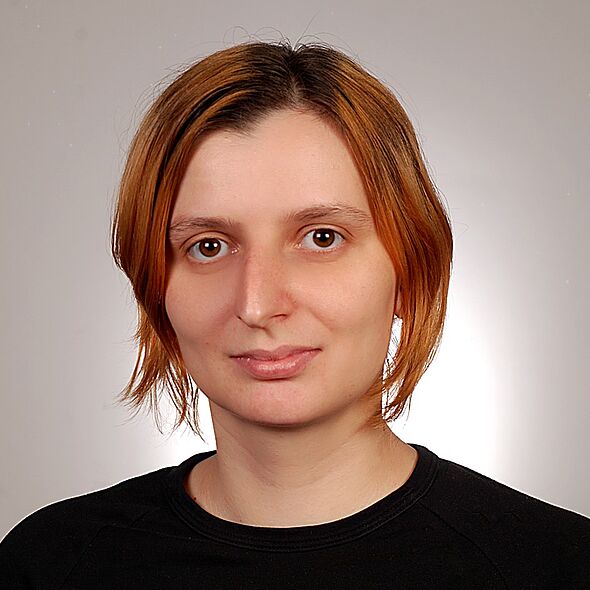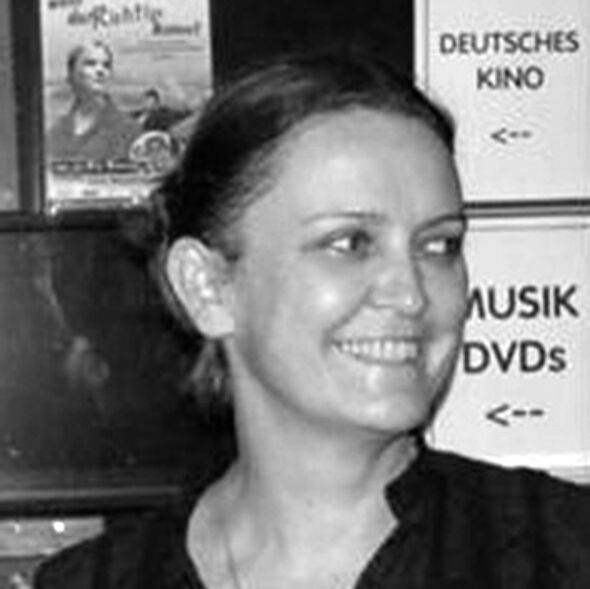I 1972, D Elda Tattoli, SC Elda Tattoli, Marco Bellocchio, C Dario Di Palma, E Elda Tattoli, Mario Morra, M Norman Cipriani, Stelvio Cipriani, P Ultra Film, Cast Bedy Moratti, Mario Piave, Francisco Rabal, Lilla Brignone, Marina Berti, Bianca Verdirosi, Print colour, 35mm, 90 min, Italian OV with electronic German and English SUB, Cineteca di Bologna
Introduction by Borjana Gaković, Sabine Schöbel
Even in the women’s movement, this film has been more or less forgotten, aside from occasional screenings in Germany and Switzerland. It has never been released in the USA. One can speculate as to the reasons for this neglect. Did Pianeta Venere come out too soon, even before feminist film work had really got going, and did its topic and tone not fit the times? The film maps out gender issues from the concrete experiences of an intellectual Italian woman born around 1930 who lives in the bourgeois political culture of the 50s – that is, it maps out the problems of a generation that was hardly compatible with the women’s movement of the 70s. Its lonely protagonist – fixated on romantic love; on her husband, whom she worships unconditionally; and on famous communists – was in contrast with the new, differently-socialised, solidary women’s groups. Its melancholy, disillusioned tone contradicted the spirit of optimism, though Tattoli’s protagonist does begin anew (albeit under traumatic circumstances, and without any reference to her future: the ending remains open). (Christine N. Brinckmann, Frauen und Film No. 62, 2000).

| Acronyms | |
|---|---|
| amer. | American English |
| b/w | Black and white |
| OV | Original version |
| SUB | Subtitles |
| +SUB | electronic live subtitling (below the image) |
| INT | Intertitles |
| Countries | |
|---|---|
| AT | Austria |
| FRG | Federal Republic of Germany (historic) |
| BLR | Belarus |
| DE | Germany |
| CAN | Canada |
| GDR | German Democratic Republic (historic) |
| EGY | Egypt |
| FR | France |
| GB | Great Britain |
| URY | Uruguay |
| BRA | Brasil |
| SWE | Sweden |
| UKR | Ukraine |
| PL | Poland |
| IDN | Indonesia |
| PRT | Portugal |
| HRV | Croatia |
| ECU | Ecuador |
| HUN | Hungary |
| AUS | Australia |
| IT | Italy |
| MEX | Mexico |
| IND | India |
Borjana Gaković studied media and film studies in Potsdam and Berlin. Co-editor of the 68th edition of the feminist film journal Frauen und Film (on women filmmakers of the 60s) and the quarterly magazine on cinema politics Kinema Kommunal. She is spokeswoman for the German Association of Municipal and Cultural Cinemas and presents film programs in various cinemas. She has participated in numerous film, theater and media(theory) related projects, inter alia as co-curator of the symposium Reluctant Feminism within the 17th goEast – Festival of Central and Eastern European Film in Wiesbaden 2017, Aufbruch der Autorinnen (The Rise of Women Directors) initiated by Sabine Schöbel (Zeughauskino Berlin, 2015 and 2016), the exhibition and film series Cinema Archeology within the project Living Archive – Archive Work as a Contemporary Artistic and Curatorial Practice (2013) as well as Asynchronous – Documentaries and Experimental Films on the Holocaust (2015) of the Arsenal - Institute for Film and Video Art. She is living in Berlin.

Sabine Schöbel has a PhD in Film Studies and works as a cultural manager and experimental filmmaker. Published works: DIE ZWEI. Weibliche Doppelfiguren im europäischen Aufbruchskino (2009), Aufbruch. Regisseurinnen der 60er, Frauen und Film No 68 (Ed. with Borjana Gaković, 2016). Cinema programmes: Czech on Tour (with Marketa Šantrochová ad Doreen Blau, 2012/2013), El cine de la transición (2013), Aufbruch der Autorinnen (2015), Aufbruch der Autorinnen II (2016), Die umstrittene Transición (2016). Her experimental feature lupinen löschen premiéred at the Forum Expanded section of 2007's Berlin International Film Festival. GRUNSKE, an experimental short about the ruins of the Palast der Republik (Palace of the Republic), debuted in 2009/10 at Rencontres Internationales. The German Film Critics Association nominated EZB 2011-2012 for 2014's Best Experimental Feature Award.







